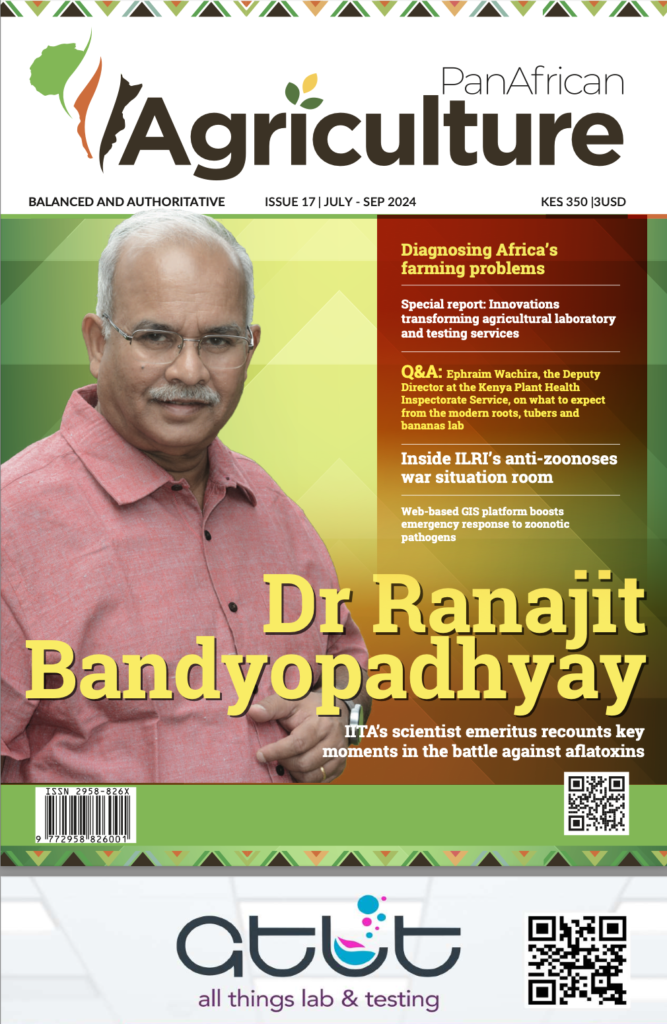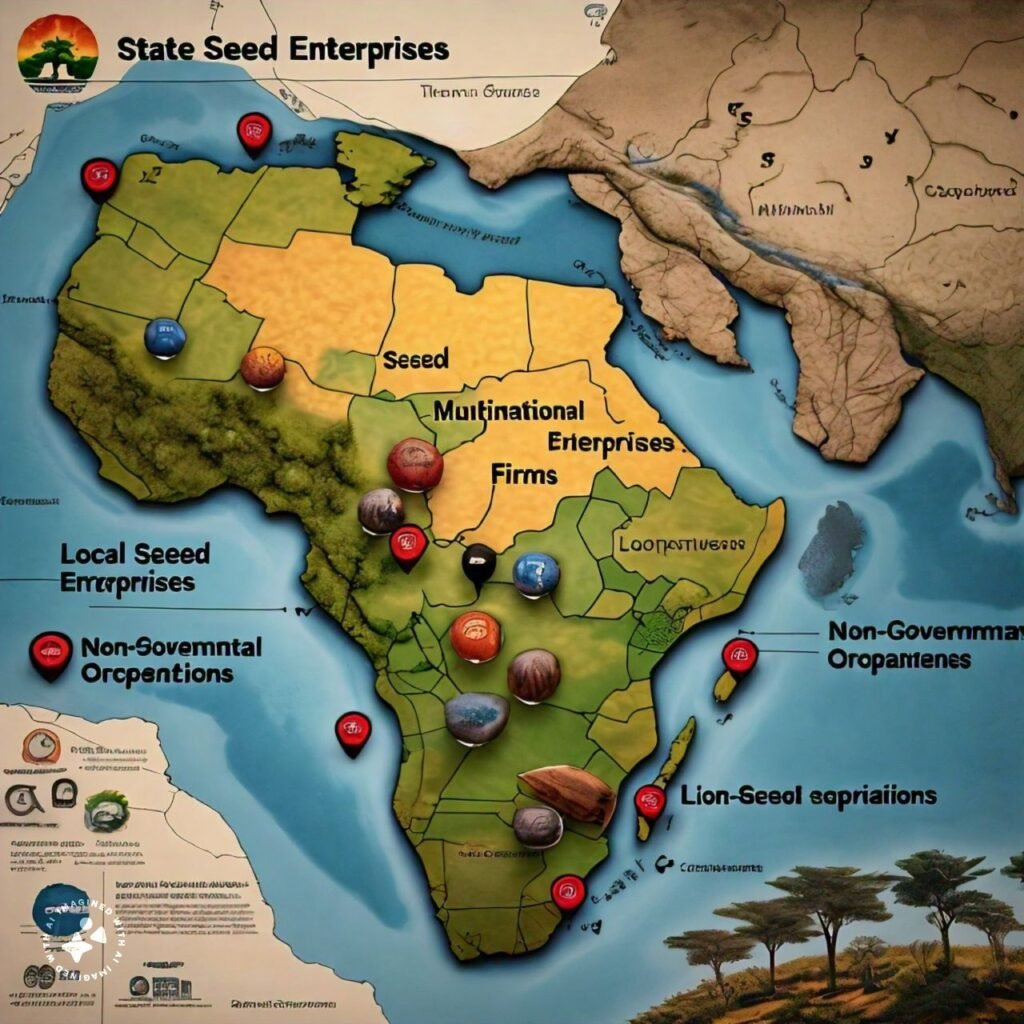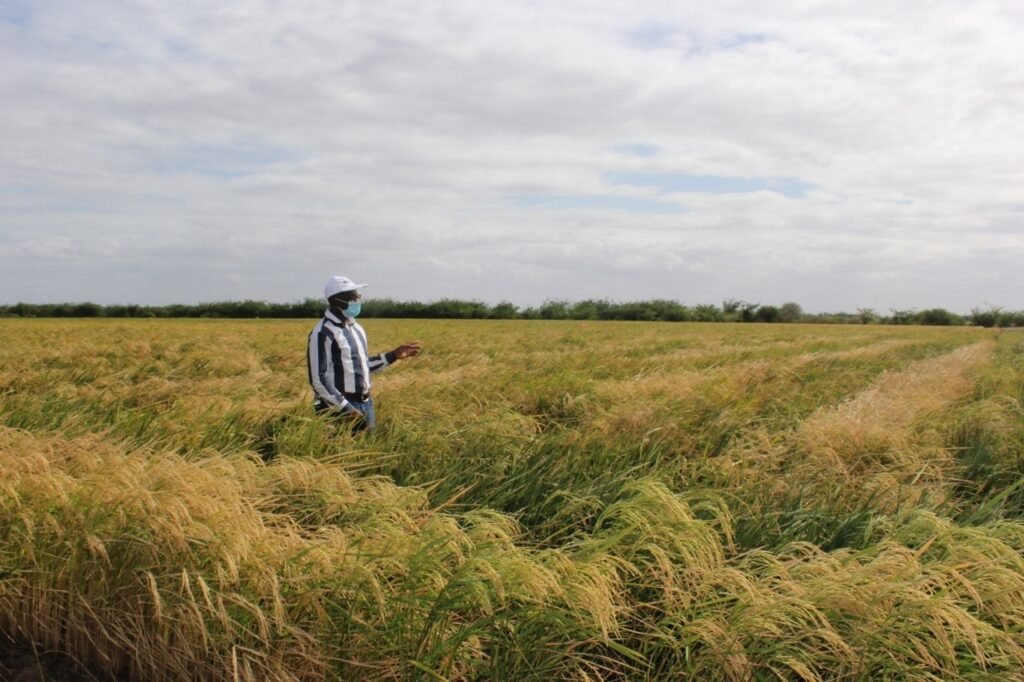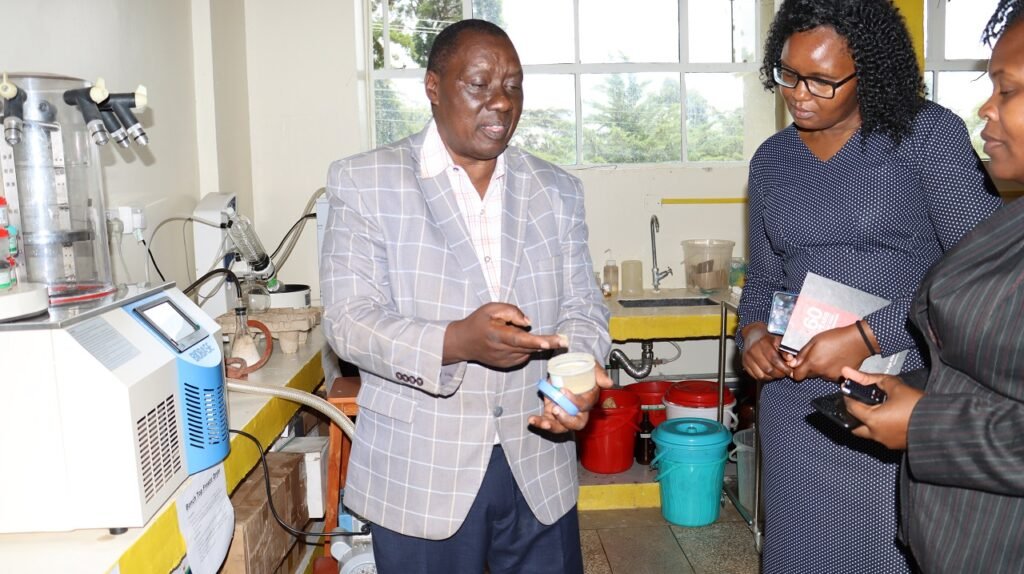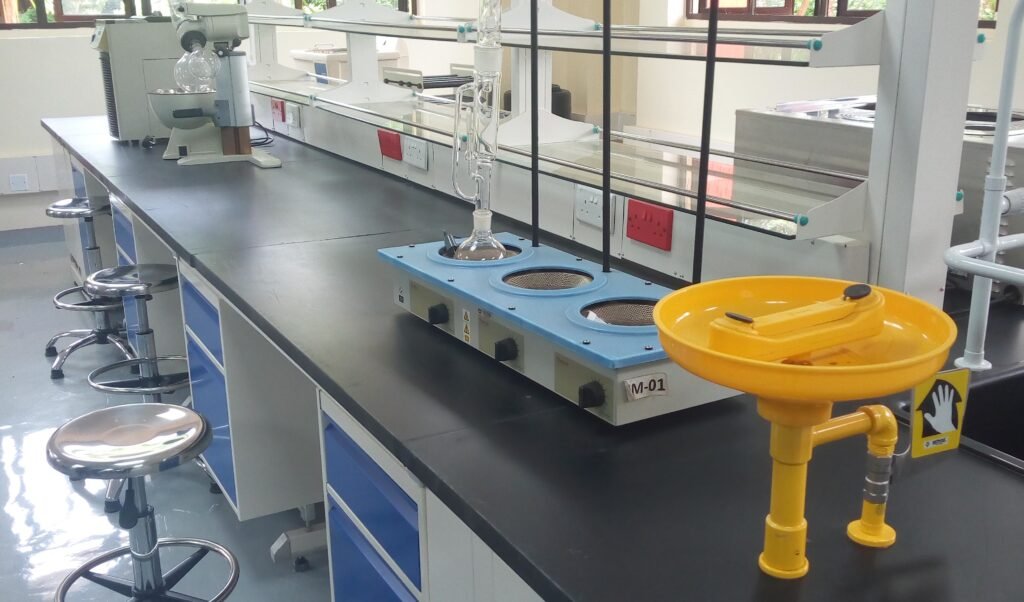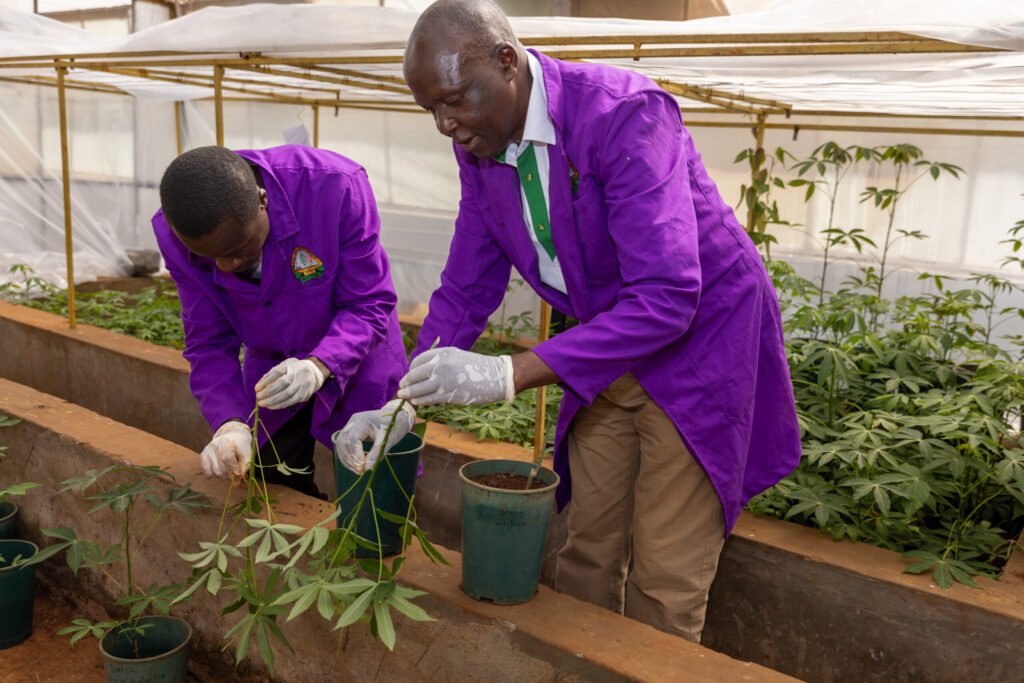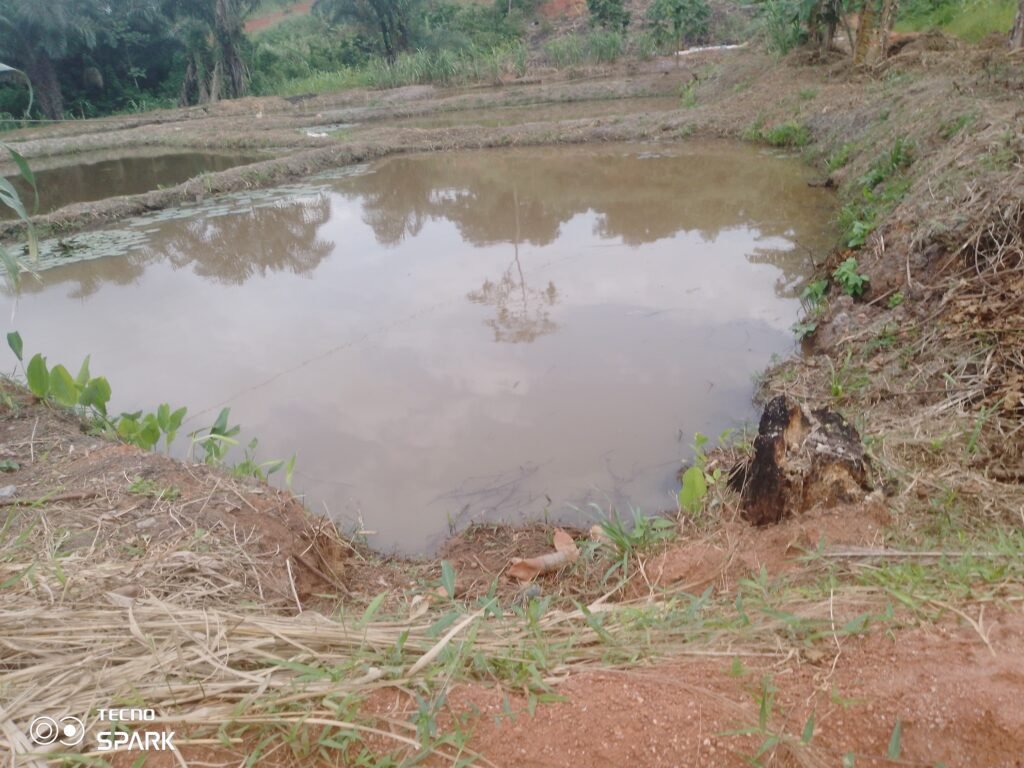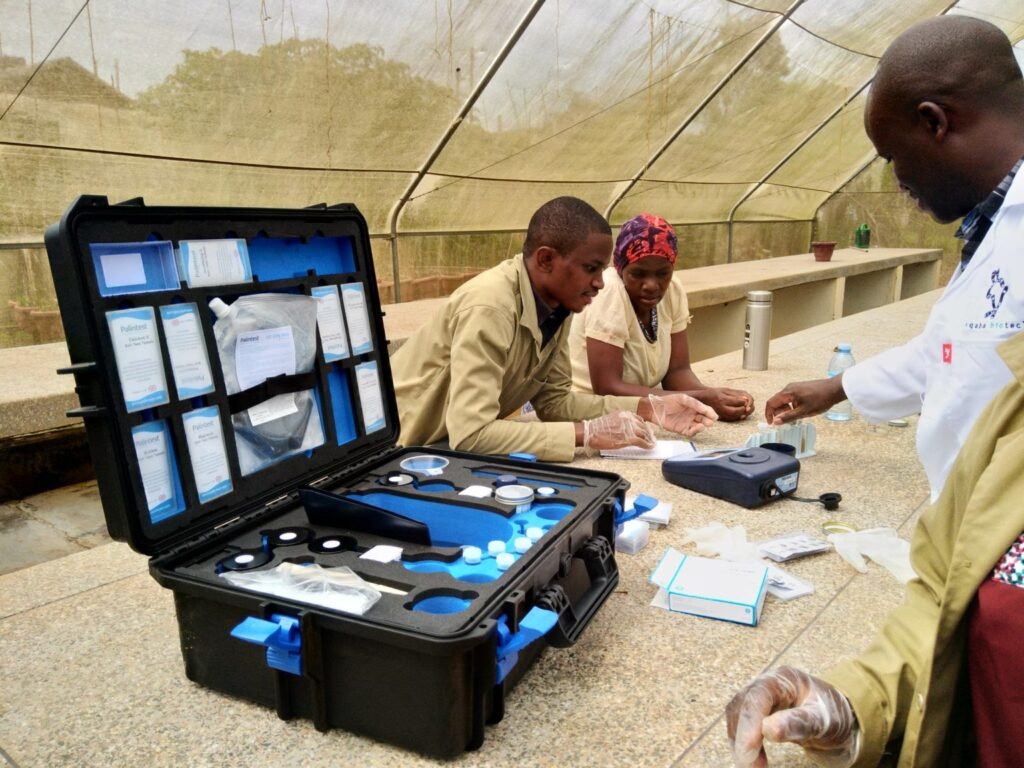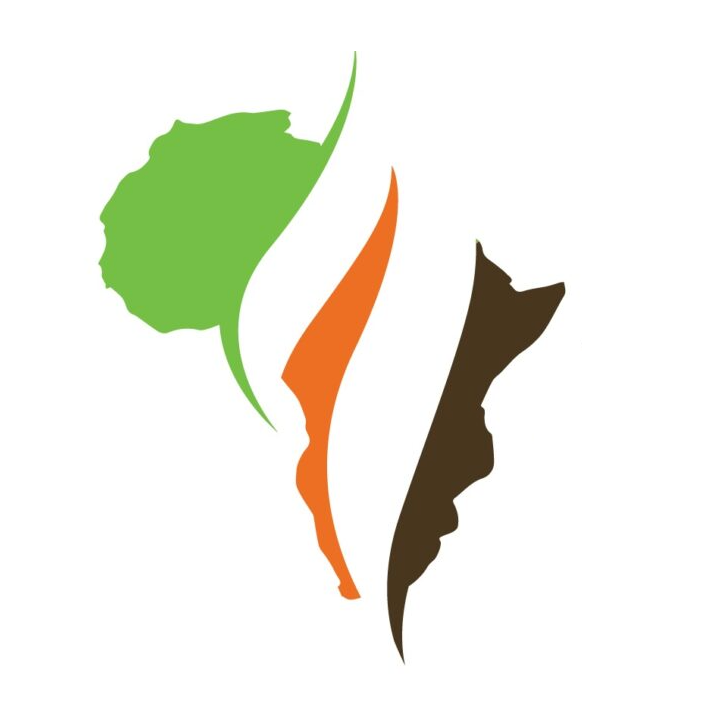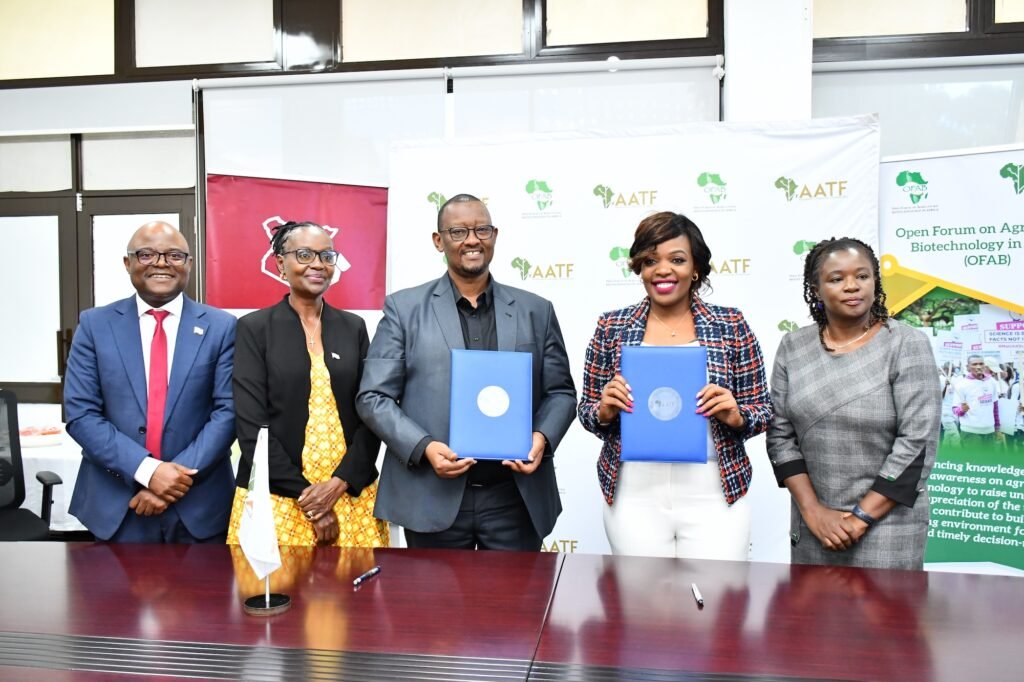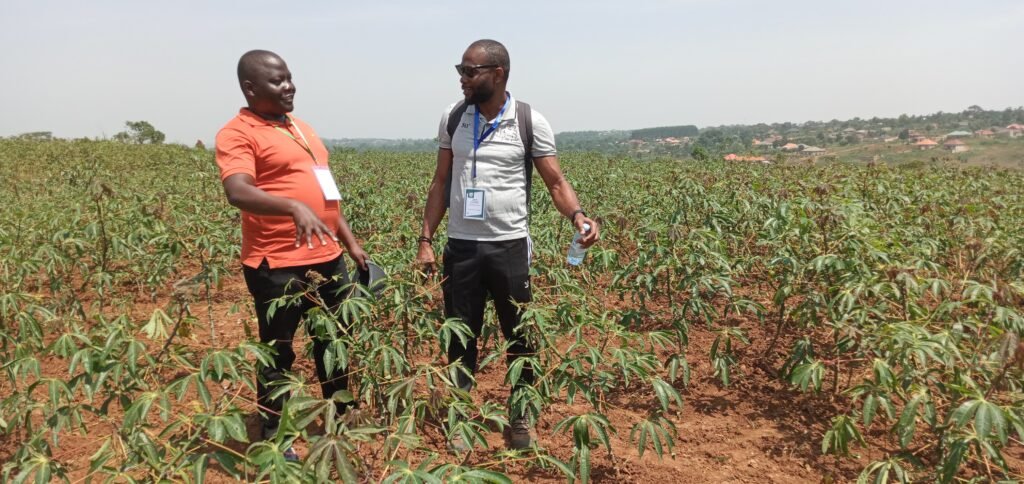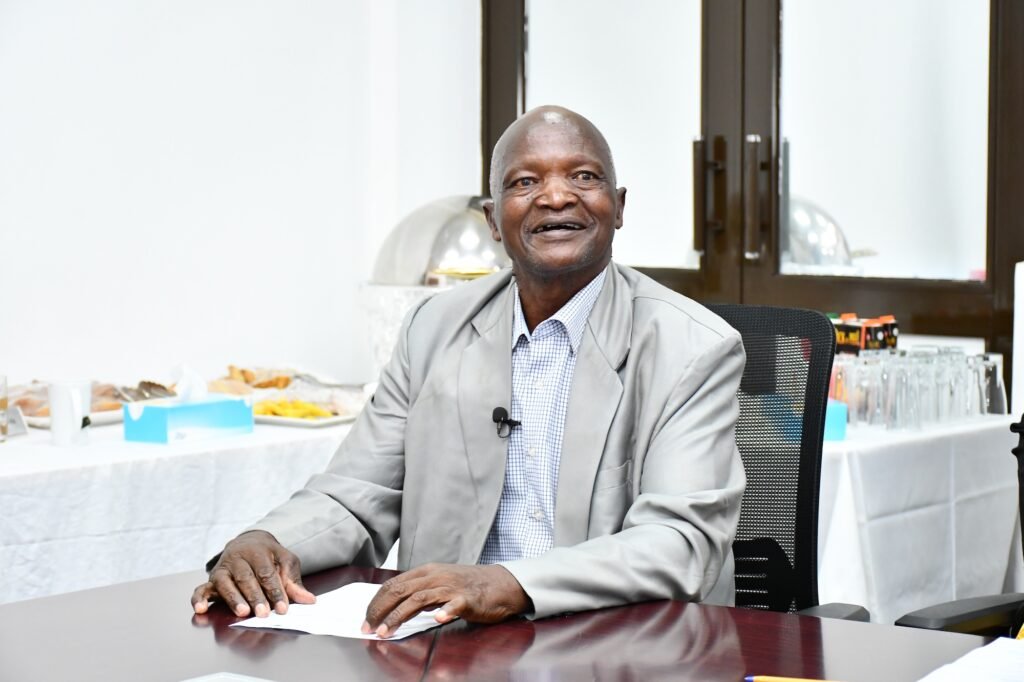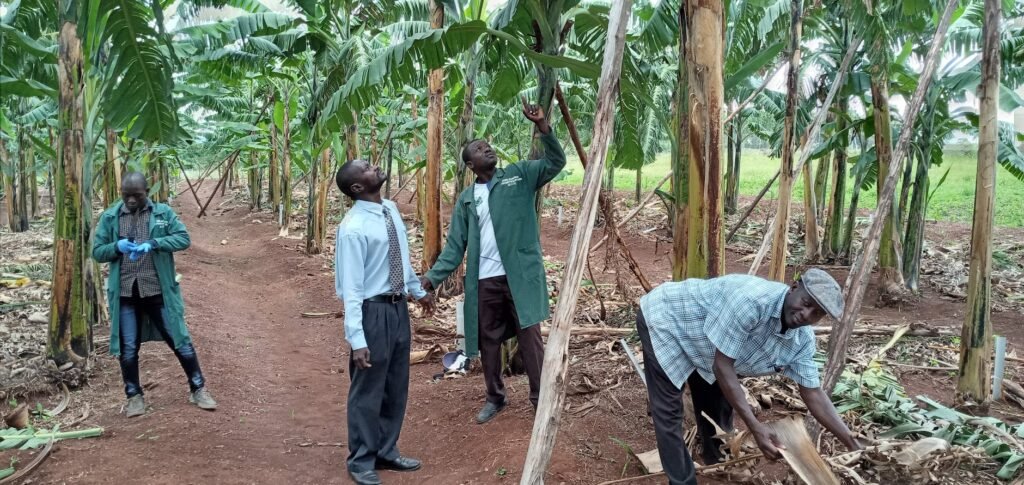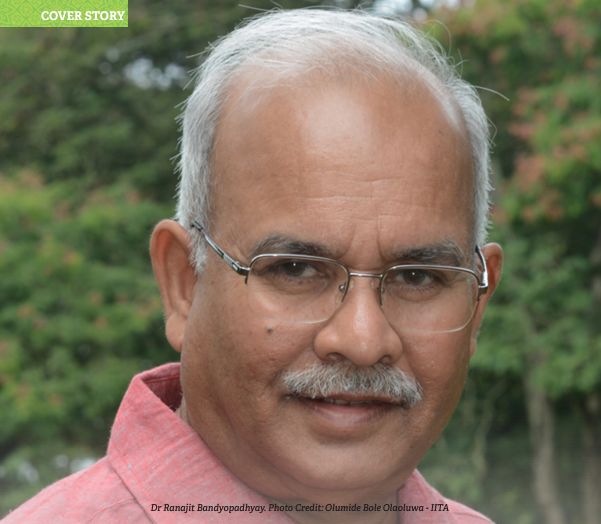For a continent of its population size and challenges, Africa’s performance on the global research and development (R&D) stage is rather dismal.
While the continent is home to 12 percent of the world’s population, its researchers make up just 2.4 percent of the global pool, according to several studies. Its contribution to the global scientific knowledge is even much less at 1.1 percent. This means that the continent is ill-equipped to address the emerging challenges it faces, including food insecurity, climate change, low industrialisation, and unemployment.
Africa’s research struggles are mostly attributed to years of underinvestment or inadequate funding by governments or development partners, brain drain, low levels of research collaboration and poor research infrastructure. African Union member states have committed to spend at least one percent of the gross domestic product (GDP) on R&D, but the allocation remains at a meagre 0.42 percent Even where funds are available, however, researchers still have to grapple with procurement or supply chain challenges that make it very difficult for them to obtain quality laboratory equipment and chemicals at the right time and at affordable prices.
In our special report in this edition, we focus on some of these challenges as well as the innovations researchers in different African countries are adopting to overcome them. In Cameroon, for instance, a mobile-based instant soil testing kit developed by the tech startup Clinic Agro is helping farmers to analyse the fertility of their soils and chose the right crop varieties to plant. Through a Web-GIS platform, researchers at the International Livestock Research Institute (ILRI) in Nairobi are able to trace and track zoonotic pathogens real-time, boosting emergency response in case of an outbreak of a disease that affects both animals and humans.
For our personality profile, we bring you the exploits of Dr Ranajit Bandyopadhyay, the Indian-born plant pathologist who spent more than 40 years of his research career wielding science like a sword against crop pests and diseases to save farming communities in Africa, Asia and South America from losses and hunger. In Africa, Dr Bandyopadhyay’s most significant contribution is the development and delivery of aflatoxin biocontrol products. Read these, plus other interesting stories on agricultural issues on the continent.

